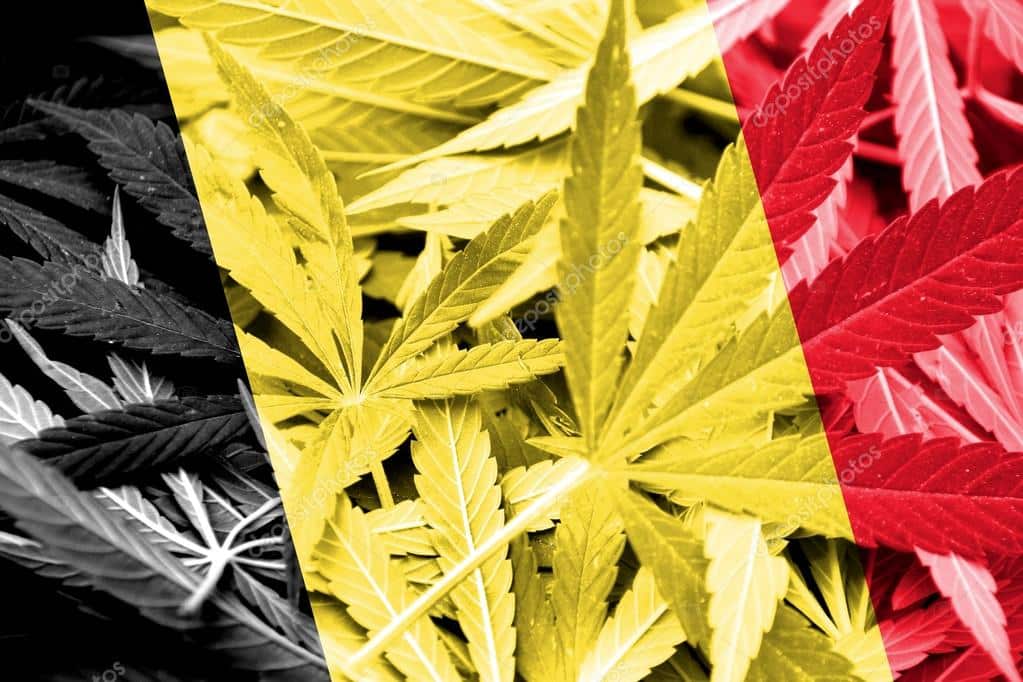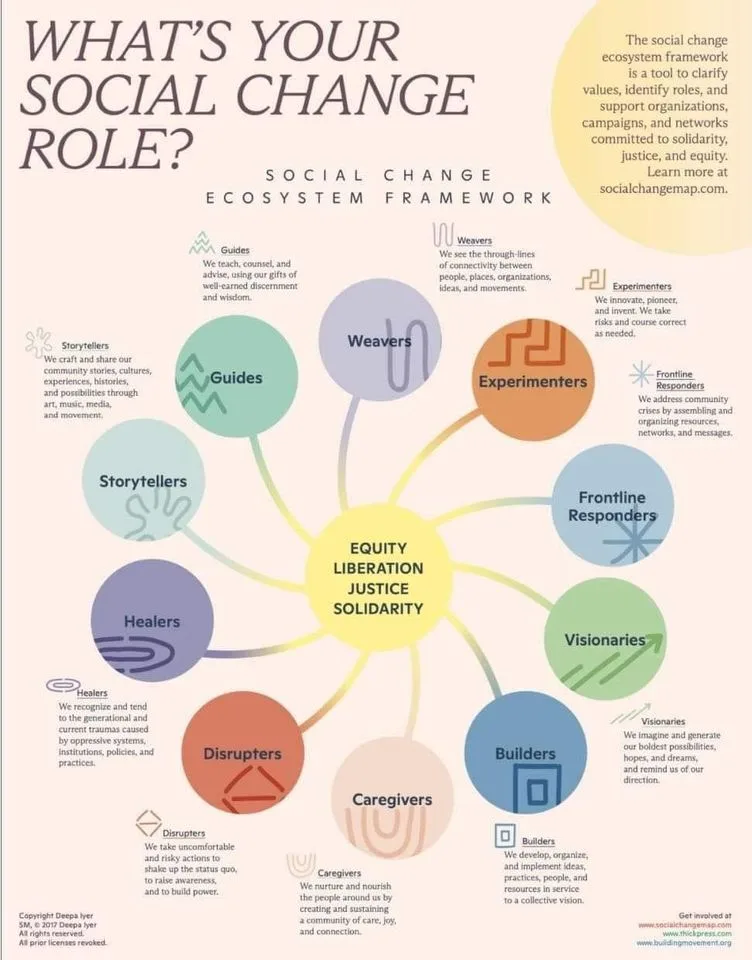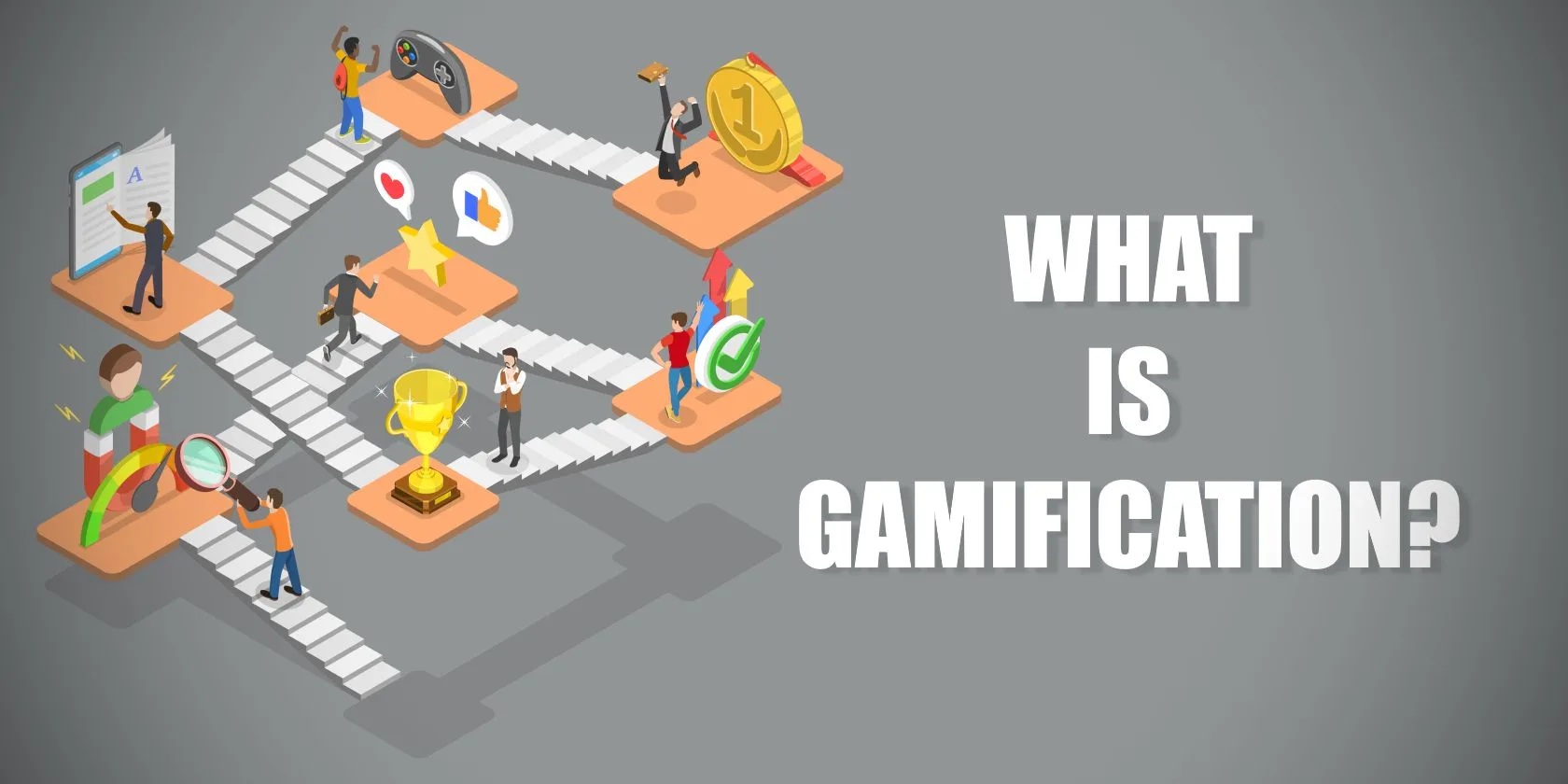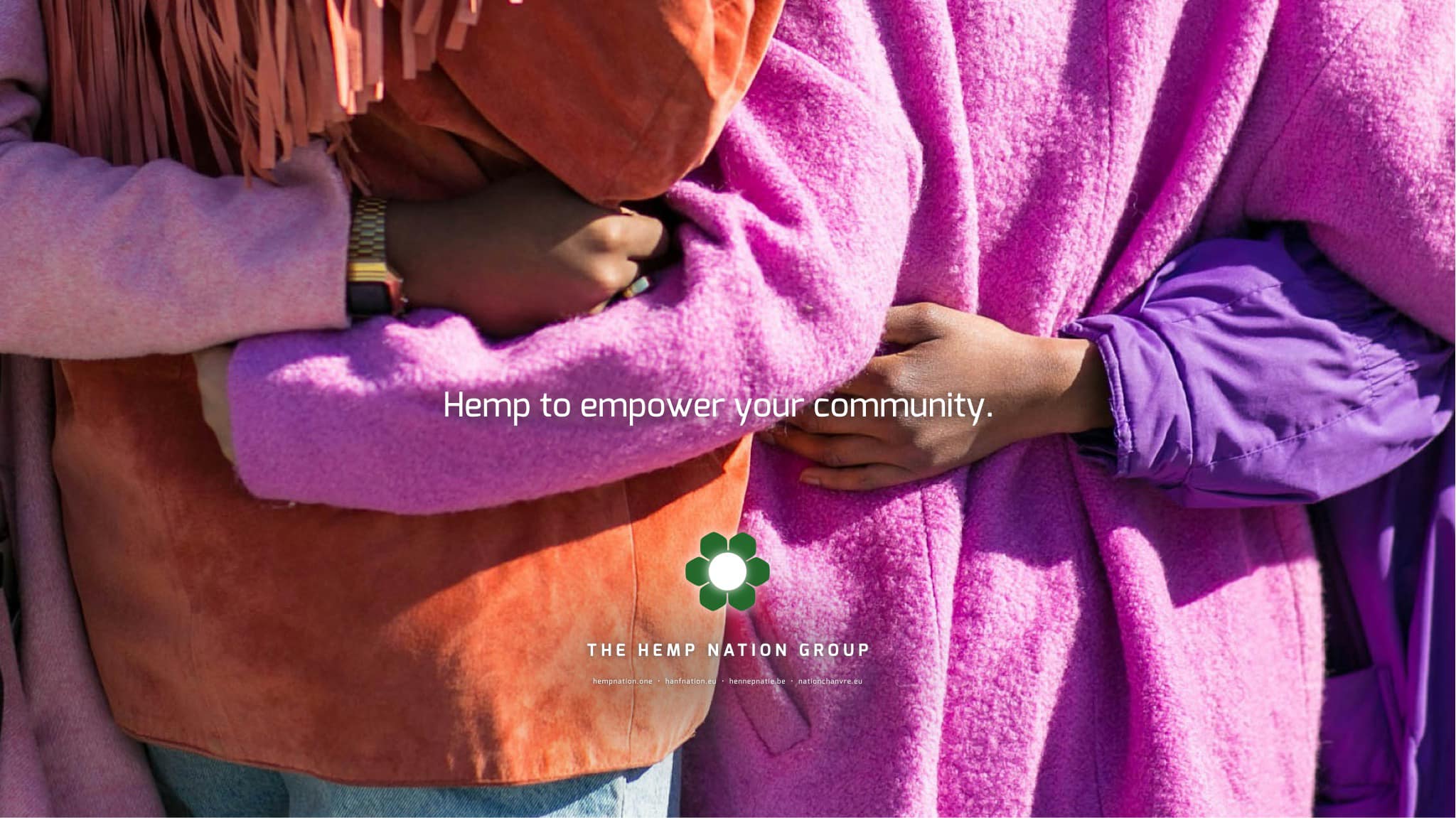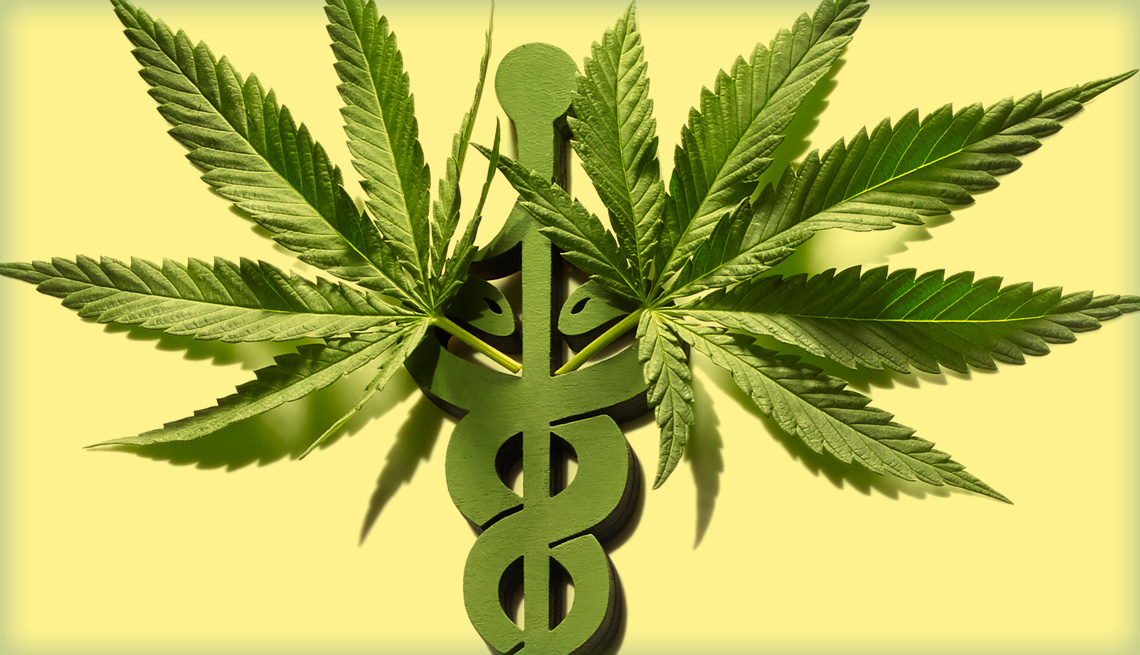
Hemp: A Locally Sourced, Vertically Integrated Powerhouse for a Sustainable Future
Industrial hemp, a versatile and eco-friendly plant, is poised for a renaissance. This resurgence is fueled not just by its remarkable properties, but by a growing movement towards locally sourced, vertically integrated processing, coupled with open knowledge sharing and intensive educational programs. This combination unlocks a multitude of benefits for the environment, the economy, and the community.
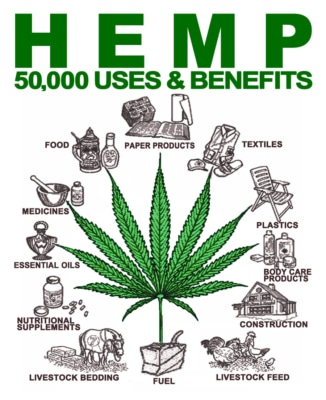
Environmental Champion:
- Reduced Transportation Footprint: Traditional processing involves transporting bulky hemp stalks to centralized facilities. Local processing with mobile micro-decorticators on farms minimizes transport needs, significantly reducing carbon emissions.
- Land Remediation: Hemp thrives in various soil conditions, even contaminated ones. Its cultivation can actually clean polluted land through a process called phytoremediation, where plants absorb and break down pollutants.
- Carbon Sequestration: Hemp is a champion carbon sink, absorbing significant amounts of carbon dioxide from the atmosphere. Widespread local cultivation helps mitigate climate change.
- Reduced Reliance on Chemical Inputs: Hemp cultivation requires minimal pesticides and fertilizers compared to traditional crops, promoting healthier soil and cleaner waterways.
Economic Engine:
- Job Creation: Local, vertically integrated processing creates new jobs in farming, mobile decortication, processing facilities, and potentially downstream industries like textile production and 3D printing.
- Empowering Rural Communities: Investment in local processing boosts rural economies by providing farmers with a reliable source of income and fostering diversification beyond traditional crops.
- Reduced Reliance on Imports: Locally sourced hemp reduces dependence on overseas production and transportation, promoting economic self-sufficiency and resilience.
- Sustainable Materials: Hemp offers a sustainable alternative to traditional materials in various industries, from textiles and construction to bioplastics and automotive components.
Community Upliftment:
- Open Knowledge Sharing: Transparency and knowledge sharing through educational programs empower communities to understand hemp processing and participate actively in the industry.
- Collaboration and Skill Development: Educational programs create a platform for collaboration between farmers, processors, designers, and entrepreneurs, fostering innovation and building a skilled workforce.
- Social Cohesion: Locally sourced hemp processing promotes a sense of shared purpose and community ownership, fostering social well-being and resilience.
- Educational Opportunities: Intensive educational programs equip individuals with the knowledge and skills to build careers in the burgeoning hemp industry, creating a brighter economic future for the community.
The Power of “Literally Made into Anything”:
Hemp’s versatility is truly remarkable. The strong fibers can be transformed into durable textiles, bio-composites for construction, and even high-quality 3D printing filament. The hurd, the woody core of the stalk, can be used in insulation, animal bedding, and even biofuel production. The seeds hold immense potential for food products, nutraceuticals, and industrial oils. This “anything” potential fosters innovation and promotes sustainable production across diverse sectors.
Conclusion:
Locally sourced, vertically integrated hemp processing fueled by open knowledge and education creates a powerful synergy. This approach fosters environmental sustainability, empowers communities, and promotes economic revitalization. As we move towards a more sustainable future, hemp, with its incredible potential and community-driven approach, offers a powerful solution for a healthier planet and a thriving society.
